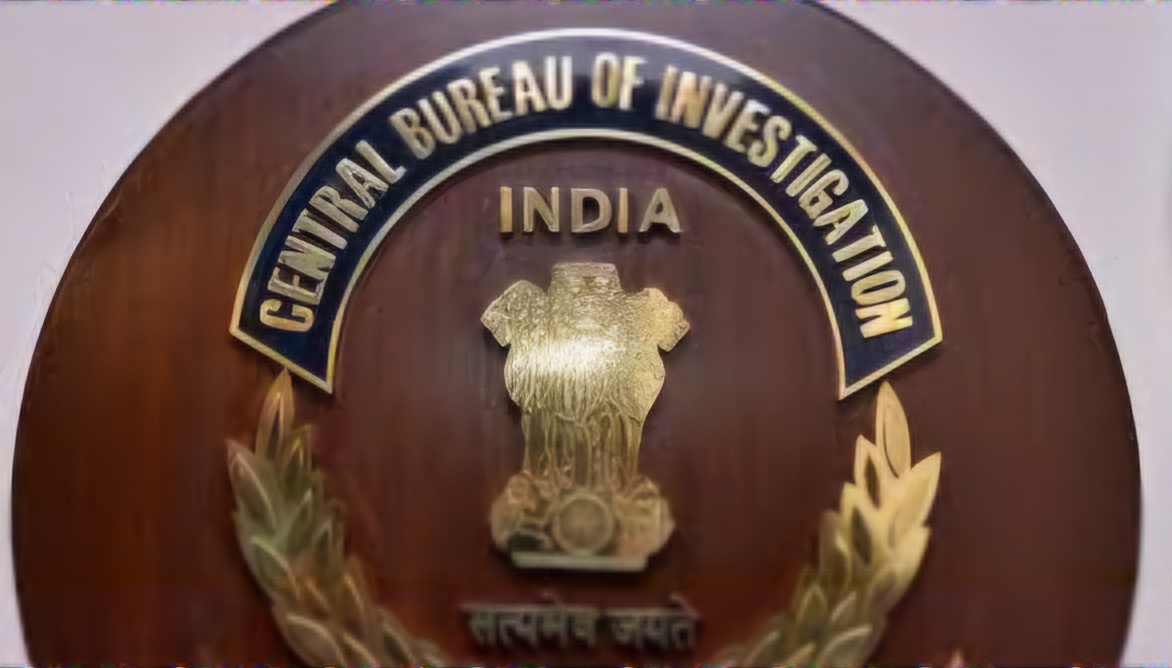


In a later judgment, the Incomparable Court of India in Criminal Offer No. 3863 of 2024 maintained the release of respondent Dilip Mulani, a key denounced in a scheme case including affirmed illicit satisfaction beneath the Avoidance of Debasement Act, 1988. This judgment, conveyed on September 20, 2024, sheds light on the complexities of building up prima facie prove in cases of debasement and scheme, particularly within the nonappearance of coordinate prove connecting the denounced to the charged offenses.
Case Background
The case stemmed from a chargesheet recorded by the Central Bureau of Examination (CBI) against six people, counting Dilip Mulani, for affirmed offenses beneath Segment 120B of the Indian Corrective Code and different arrangements of the Anticipation of Debasement Act. Mulani was the Overseeing Chief of Khimji Poonja Cargo Forwarders Pvt. Ltd., a traditions house operator based in Mumbai.
The charges revolved around bribes paid to customs officials to expedite refund claims and illegal benefits.
The accusations included three major allegations: A bribe of Rs. 58,000 paid to a customs official in Ahmedabad for clearing refund claims. A payment of Rs. 3,50,000 to an Assistant Commissioner in Air Cargo, Ahmedabad. Another payment of Rs. 1,50,000 to the same official. While these payments were traced to other co-accused, the question was whether Mulani was involved in the conspiracy.
High Court’s Discharge Order
Mulani had earlier been denied discharge by the Special Judge, but this ruling was reversed by the High Court. Citing the need for a more thorough examination of the facts, the Supreme Court remitted the matter to the High Court in 2019 for additional review. Mulani was once more dismissed by the High Court after a reexamination; the CBI filed an appeal of this ruling with the Supreme Court.
Supreme Court's Judgment
The Court noted that while there were allegations against other individuals, including direct payments of bribes and intercepted conversations implicating them, there was no direct evidence tying Mulani to the payments of Rs. 58,000, Rs. 3,50,000, or Rs. 1,50,000.
However, the allegations against Mulani failed to meet even the prima facie threshold.
As the Supreme Court stated: "Taking the material forming part of the chargesheet as true, it cannot be said that a prima facie case of involvement of the respondent was made out."
Conclusion
The verdict provides a significant precedent in cases where corporate officers are implicated in criminal conspiracies without sufficient direct evidence.
This case stands as a crucial moment in interpreting the burden of proof required at the charge-framing stage in criminal conspiracy and corruption cases, emphasizing that justice must be based on substantive evidence, not mere allegations.
Click Here to: Download/View Related File
TAGS: Dilip Mulani CBI bribery case Supreme Court judgment corruption Prevention of Corruption Act criminal conspiracy prima facie evidence discharge bribery allegations High Court discharge diary entries circumstantial evidence framing charges judicial precedent.